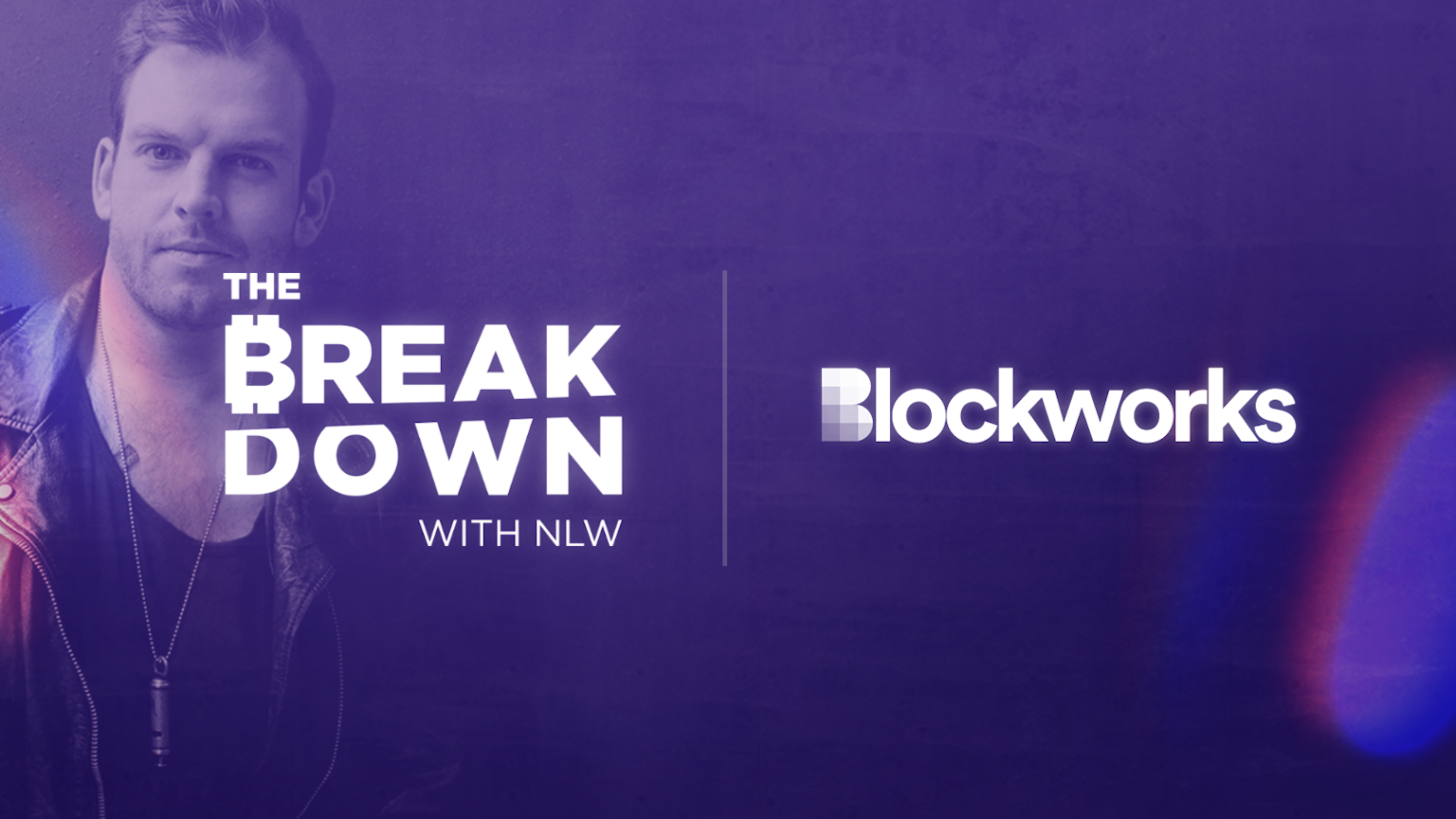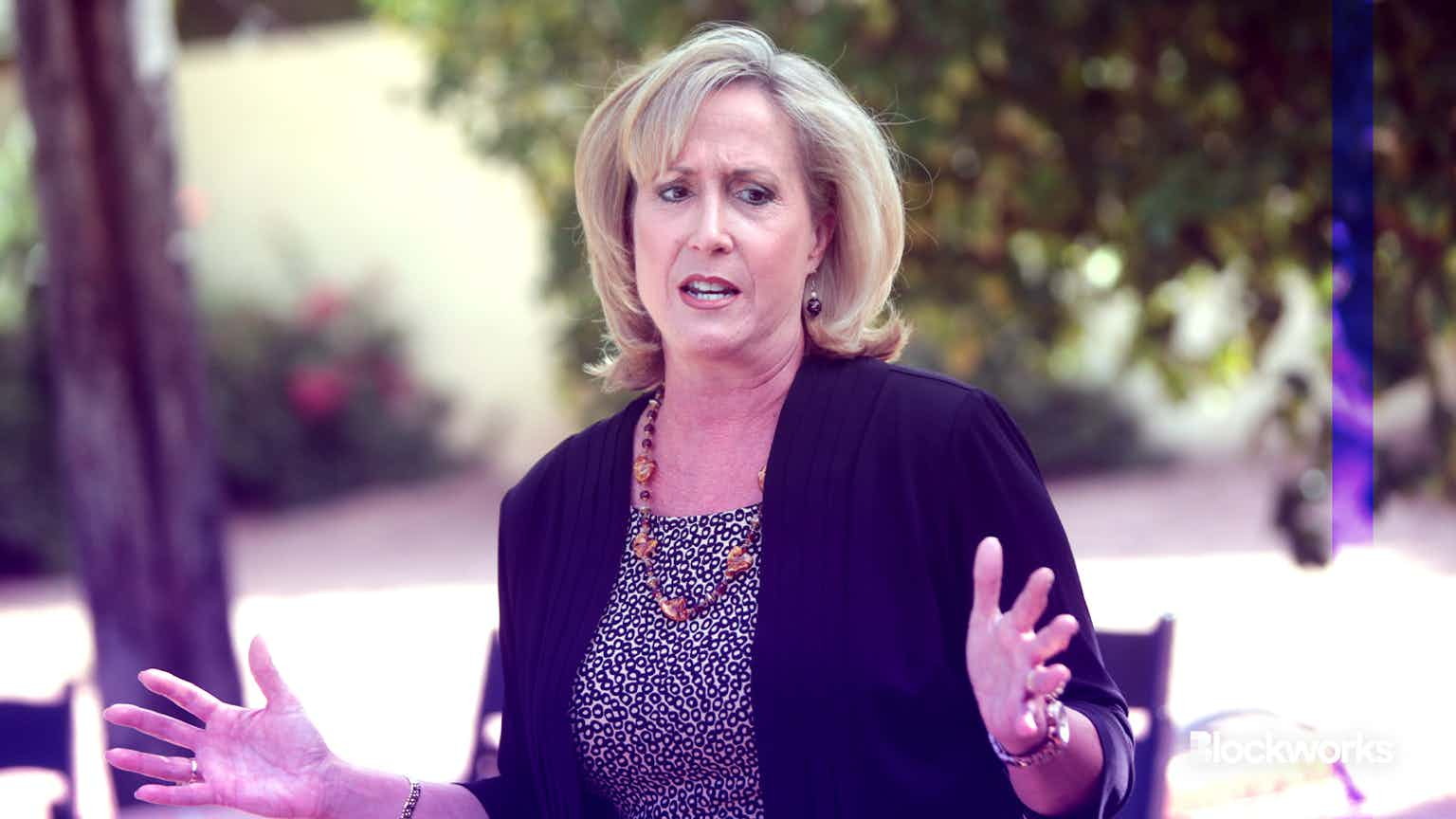New Brunswick proposal would keep power from new crypto miners
Passing the proposal in New Brunswick would be “a curious step,” Texas Blockchain Council founder says

Ramon Cliff/Shutterstock modified by Blockworks
Canadian province New Brunswick doesn’t want power going to new crypto mining operations.
Critics argue that policymakers are overlooking a chance to collaborate with mining companies to increase the stability of their electric grid.
An amendment to New Brunswick’s Electricity Act states: “A distribution electric utility shall not extend its supply of electricity to a cryptocurrency mining business.”
The proposal — made by Mike Holland, minister of natural resources and energy development — would not apply to operations that entered into a contract before potential passage of the legislation.
It comes after New Brunswick Premier Blaine Higgs in March 2022 signed a cabinet order supporting a freeze of service to new crypto miners, CBC previously reported.
“The cryptocurrency sector is an area that has a significant…draw or demand as it relates to electricity,” Holland told CBC. “We can’t compromise the existing rate base so we need to make sure that we have capacity.”
Holland, and the New Brunswick Power Corporation, did not immediately return requests for comment.
“Some jurisdictions that do not understand how bitcoin mining can be used as a tool and resource for their grid operator may seek to ban bitcoin mining in that locality,” Lee Bratcher, founder of the Texas Blockchain Council, told Blockworks.
Miners in Texas have the option to sell their grid-balancing rights to the Electric Reliability Council of Texas (ERCOT) by reducing their energy consumption.
Read more: Not all about bitcoin production: Miners benefit by curtailing operations
Riot Platforms in August received $31.7 million in credits from ERCOT for curtailing power usage during peak energy demand times. This helps the energy provider continue offering power to consumers without interruptions, the company has said.
“Were they to pass this bill, the government in New Brunswick would be taking a curious step to ban the end use of electricity by simultaneously preventing a grid resource like bitcoin mining from serving as a flexible, demand response capable load,” Bratcher said.
Hive Digital Technologies operates a 70 megawatt data center in New Brunswick, according to its website.
Gabriel Ibghy, general counsel for HIVE Digital Technologies, said he expects the bill to have no impact on Hive’s operations in the region. He noted that the proposal excludes existing crypto mining operations.
“Hopefully local legislators will see that there is more to gain through partnering with datacenter operators, like Hive, in order to stabilize their grid and offtake surplus renewable power from new and green generation projects,” Ibghy added.
The proposal counters miner-friendly legislation in certain US states. Montana, for example, passed a bill in May allowing miners to conduct their business free from government interference — noting they offer “positive economic value” for US individuals and companies.
Brett Quick, head of government affairs at Crypto Council for Innovation, argued at the time that crypto data centers have “a unique mix of flexibility, consistency and transparency” that can help energy stability, transfer and storage.
Start your day with top crypto insights from David Canellis and Katherine Ross. Subscribe to the Empire newsletter.





